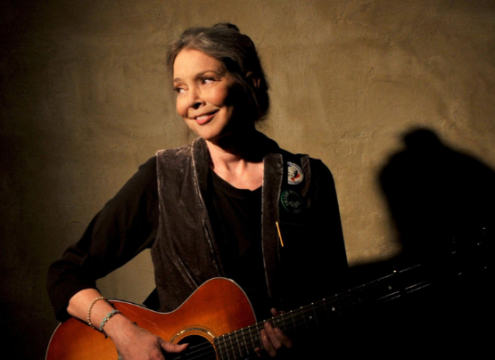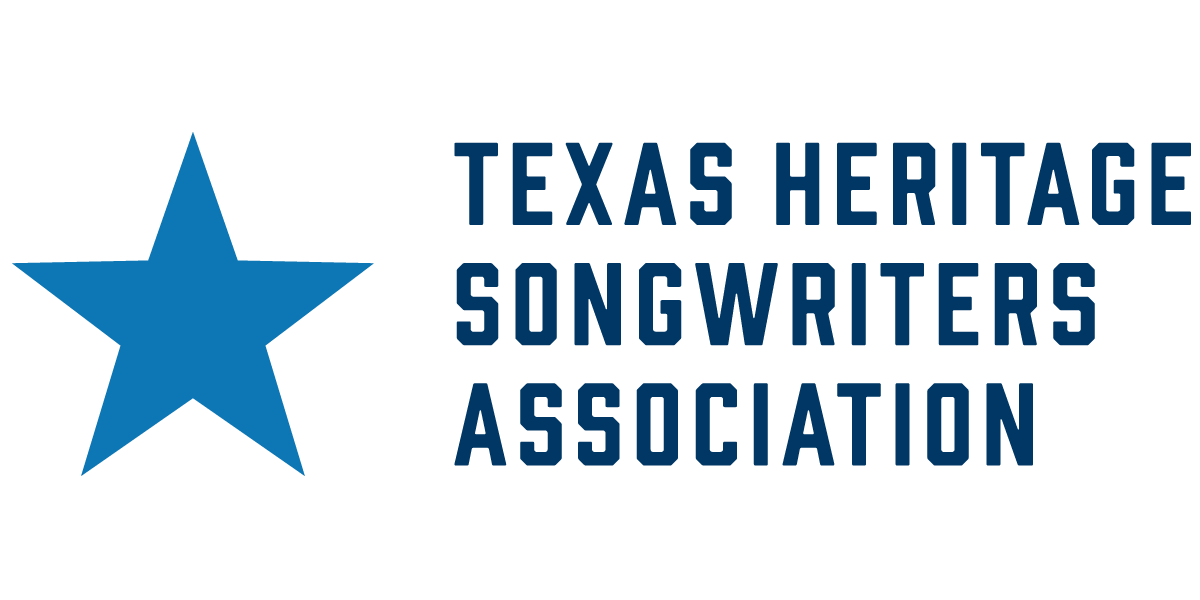Nanci Griffith



Nanci Caroline Griffith (July 6, 1953 – August 13, 2021) was an American singer, guitarist, and songwriter, born in Segin, Texas, and raised in Austin.
Twenty albums now, and none before like this. “Itʼs emotional for me, and itʼs personal, and it makes my heart pound, thinking Iʼm going to be totally exposed here,” says Nanci Griffith, the Grammy-winning singer-songwriter and Americana Music Association Lifetime Achievement Award winner. Intersection is not an album of resolution or closure; itʼs an album about difficulties, about anger, about things that slip away and things that explode.
“Iʼve had a hard life, and I write it down,” Griffith sings on the title track, and that line serves as a statement of fact and purpose, and as a gentler way to explain her near-shouted musical exclamation, “Hell no, Iʼm not alright.” Intersection is an examination of a particularly difficult time for Griffith, fraught with personal bust-ups, with family turmoil, with hard miles and tears and habits to break. “Sometimes making the best is doing the worst to yourself,” she sings here.
“At some point, you have to get it out,” she says. “I couldnʼt walk around with the anger. I didnʼt write these songs to punish anybody. I thought I wrote them to get these things off my chest. But now Iʼve taken them on the road, and every night when I sing, ʻHell no, Iʼm not alright,ʼ and I see my audience come to their feet, I understand exactly why I wrote this.”
Itʼs funny what happens with songs. Funny that Griffithʼs personal “hell no” moment – delivered here in a frenzy that somehow simultaneously recalls Buddy Holly, Pete Seeger, and The Ramones – can produce a gladdening shock of recognition in audience members who had bought tickets to hear contemplative Griffith gems like “Love at the Five and Dime” and “Trouble in the Fields,” or who came to hear her signature versions of Kate Wolfʼs “Across the Great Divide” or Julie Goldʼs “From a Distance.” “Hell No (Iʼm Not Alright”) is two minutes and 22 seconds of evangelical brokenness: “Iʼm not okay, and neither are you and neither are we,” and it applies to people and businesses and governments, and itʼs high time somebody shouted it to the rafters.
“Everybody seems to have an investment in ʻHell No,ʼ and in ʻIntersectionʼ as well, ”Griffith says. “So many people are at an intersection in their life, with the way the economy is, with foreclosures and downsizing… For me, Intersection is my musical
crossroads.”
That doesnʼt mean Griffith is abandoning her song-sense, or the melodies that spring from her finger-picked guitar work, arriving distinct yet familiar. Opening track “Bethlehem Steel” evokes the plaintive beauty of her 1980s works “October Reasons” and “Julie Anne,” though her subject here is the shuttering of a mighty and iconic American mill. Griffith wrote the song just after performing at a performing arts center in
Bethlehem, Pa. She pondered the carcass of the mill, and the streets of a town where Robert De Niro filmed The Deerhunter. “I came off that stage, and wrote ʻBethlehem Steelʼ in about 20 minutes,” Griffith says. “When that mill closed (in 2003), it was devastating to the town. And we all lost a piece of America.”
Griffithʼs “Bad Seed” is a cry of anger, a reflection on a parentʼs dismissal, and a daughterʼs fear. (“Now that Iʼve gone crazy, with no love of my father/ Am I the bad seed he always said I would be?”) “My father and I have been at odds for 15 years, and ʻBad Seedʼ is the whole truth,” she says. “And I canʼt wait for him to hear it.”
A small group of musicians banded together at Griffithʼs Nashville home for the making of Intersection. Multi-instrumentalist Pete Kennedy drove his recording equipment down from New York City, and he, Griffith, singer-songwriter Maura Kennedy and percussionist Pat McInerney set about creating the album in an environment devoid of studio clocks. The four share producer credit, and they made the bulk of the music, with Eric Brace and Peter Cooper contributing harmonies to a 20th anniversary version of Griffithʼs “Just Another Morning Here” (first heard on 1991ʼs Late Night Grand Hotel), Richard Bailey of The Steeldrivers adding banjo to “High on a Mountain Top,” Robbin Bach singing backing vocals on “Daveyʼs Last Picture,” and the worldʼs most famous road manager, Phil Kaufman, making his recorded bass debut on “Come On Up, Mississippi.” The latter song also features Kaufman, Bach, and Bruce MacKay, along with a childrenʼs choir.
“Iʼm usually quite solitary, just me and my dogs,” Griffith says. “But I spent the summer of 2011 with my house full of people. It was a great experience for me, to be able to go downstairs, watch All My Children, go back up and go to work.”
Griffith is beloved as a songwriter but also as someone who unearths othersʼ songs and brings them to light. In the past, those songs have come from the pens of then-little-known writers including Julie Gold, Kate Wolf, Lyle Lovett, Eric Taylor, and Robert Earl Keen. On Intersection, her choices of outside material were as personally driven as her solo compositions:
Mark Seligerʼs “Never Going Back” could have been written about Griffithʼs uneasy departure from her native Texas. The late Ron Davies (“Waiting On A Dark Eyed Gal”) was a close songwriter friend and a companion on dozens of beery afternoons at Nashvilleʼs Brownʼs Diner, the little joint where Griffith first heard Robbin Bach play the heartbreaking “Daveyʼs Last Picture.” The album-closing “High On A Mountain Top” is a spirited hold-to-joy anthem, an emotional high spot at album’s end, and the first song Griffith has recorded from one of her primary musical heroes, Loretta Lynn. And “If I Could Only Fly,” written by the late Blaze Foley, was a reminder of losses, of memories,
and of crossroads.
It is those crossroads, those intersections, that are at the center of Griffithʼs latest work. Twenty albums now, and only one like this, but itʼs funny what happens with songs. Sometimes making the best is doing the worst to yourself, but sometimes making the best is singing your truth, even if it makes your heart pound.
